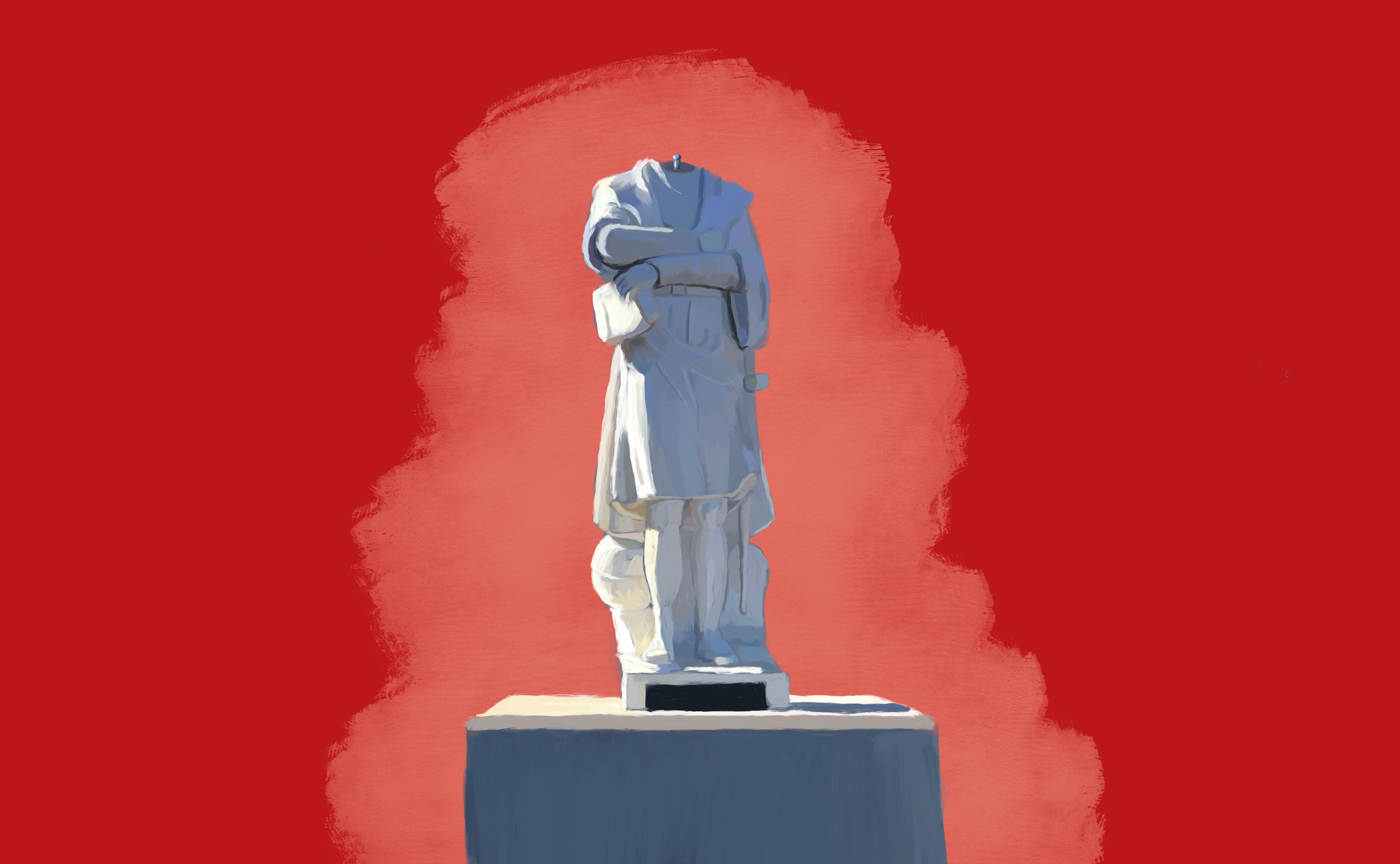Archives
The Colonial History of Geology in the United States, Part Two
We left off in Part One in the midst of a discussion about the connections between the history of geology and the histories of settler colonialism, the imperial state, and extractive industry in the U.S. We continue that conversation here, with our two participants, Tamara Pico and Gustave Lester. This conversation has been edited for clarity.
Gustave Lester is a PhD candidate in the History of Science at Harvard University and a current dissertation fellow at the Science History Institute.
Tamara Pico is an assistant professor of Earth and Planetary Sciences and affiliated with the Science & Justice Research Center at the University of California, Santa Cruz.
The Colonial History of Geology in the United States, Part One
We brought together two experts on the history of geology to talk about the origins of the discipline and its relationship to settler colonialism. This conversation has been edited for clarity.
Gustave Lester is a PhD candidate in the History of Science at Harvard University and a current dissertation fellow at the Science History Institute.
Tamara Pico is an assistant professor of Earth and Planetary Sciences and affiliated with the Science & Justice Research Center at the University of California, Santa Cruz.
A Lost Institution in #VastEarlyAmerica
Slave courts pervaded colonial society. British settlers founded the first ones in Barbados in 1661 to judicially regulate enslaved Africans. By the mid-eighteenth century, this institution operated in nearly every British colony, and each individual parish or county had its own court. Manned by two to three Justices of the Peace along with a small group of elite planters, in this court the convicted possessed no right of appeal. From trying petty theft to executing accused murderers, these courts had absolute jurisdiction to try, convict, and execute alleged enslaved criminals. Once sentenced to die, court officials examined and evaluated enslaved people to compensate enslavers for their executed property. If the compensation amount did not suit the enslaver, they could petition to transport the slave out of the colony instead and sell them for a potentially higher price on the Atlantic market. The sentence of transportation allowed colonial authorities to reshuffle labor that was meant to be destroyed but was often too valuable to do so. In both the American South and the Caribbean islands, these courts remained in operation until emancipation in the nineteenth century.
Diasporic Politics and “What It Means to Write About Black Lives in #VastEarlyAmerica”
Black life in vast early America was molded by a politic of survival that allowed diasporas to adapt, resist, and constitute new life in the violent colonial landscape. Torn from their natal homes, kith, and kin, diasporas recreated new means of belonging and community to avert the threat of social death amidst the changing colonial currents.
The Power and Importance of Narrating Stories of Black Life in #VastEarlyAmerica
When I decided to major in history at Florida Agricultural and Mechanical University (FAMU) nearly a decade ago, I never thought I would eventually contribute to historian Karin Wulf’s articulation of #VastEarlyAmerica via a forum like Insurrect!. I did know back then, though, that I did not want to study 20th century Black life like most of my classmates and professors. As an undergraduate student, I yearned to better understand the world we lived in. I gravitated to topics that assessed how Black people encountered violence, and the strategies Black women, men, and children used to resist and survive.



